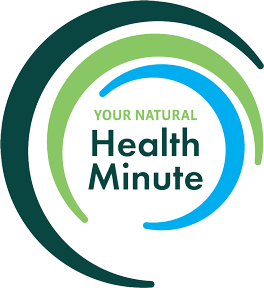Iron deficiency is more than just fatigue
Iron deficiency is the most common nutrient deficiency in the world, but how does low iron actually impact our health?
Iron is like a delivery truck that picks up oxygen from our lungs and carries it to every cell in the body via the blood stream. Once our cells receive oxygen, they use it to make the fuel we need to carry out every single function in the body.
This fuel is essential for everything from making hormones, to building an immune system, to wiggling our toes. If we have low levels of iron, it’s like having fewer delivery trucks on the road, and less oxygen available for our cells to make fuel.
The most common symptom of iron deficiency is fatigue, but there are many other signs that we may be low on fuel. Low iron can cause poor memory, depression, headaches, muscle weakness, hair loss, and a weakened immune system. In children, low iron levels can contribute to ADHD, poor cognitive development and behavioural concerns.
The best way to understand your iron status is through a blood test to measure ferritin, which is our iron storage. Interestingly, “normal” ferritin is considered to be 5-272 ug/L, which is a very wide range! Research shows that we should aim for ferritin levels of 70-100 ug/L so that the body has enough iron to function in an optimal way.
It is important to know that having too much iron is also not healthy, just like having too many trucks on the road causes a traffic jam. This is why blood testing is important to make sure we adjust our diet and supplements to achieve and maintain healthy levels.
Some people are more likely to suffer from iron deficiency than others. Vegans, vegetarians, and people lacking a nutrient-rich diet are often low in iron because of a low dietary intake. Women with heavy periods, who are pregnant, or breastfeeding are also likely to have low iron due to blood loss. Lastly, people with digestive conditions like Crohn’s or Celiac disease, and people taking acid blocking medications for heartburn may have low iron levels caused by reduced absorption from food.
The best way to increase iron is to focus on iron-rich foods like meat, fish, dark leafy greens, brown rice, beans, nuts and seeds. We can boost iron absorption by eating foods high in vitamin C, such as oranges, bell peppers, broccoli, and tomatoes.
Sometimes we require additional support to achieve optimal iron levels. Look for a supplement that is easily absorbed and gentle on digestion, such as liquid iron gluconate. Boosting iron can have a profound impact on improving energy and supporting our overall health.

